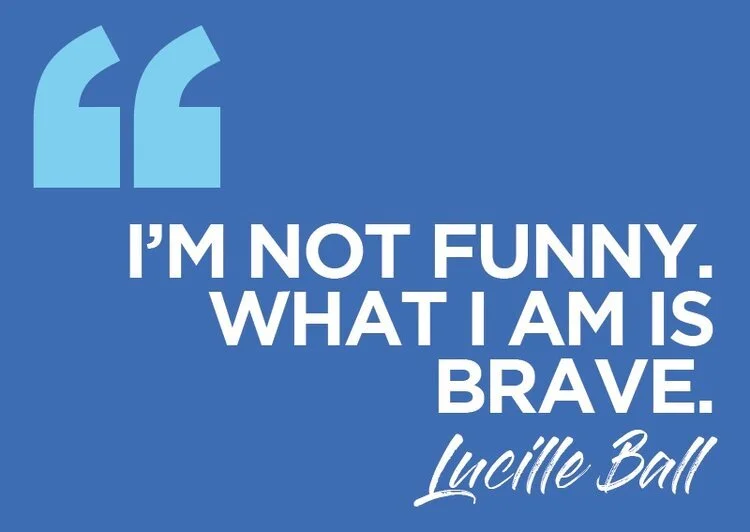Comedy Writing 101
DSI’s goal for Stand Up 101 was to share techniques that would help our students succeed as comedic storytellers. We focused on the foundational grammar of comedy writing, rules and principles that hold true independent of the content or your comedic persona.
During Coronavirus and lockdowns we all had a chance to slow down and observe the world around us — whether or not we enjoyed the idea of staying home. When I was locked down with my son, listening to press conferences run by the president and considering the troubled history of the American experiment, my mind jumped to the idea of not needing to enjoy ideas in order to observe them… we don’t need to be in the best circumstances in order to consider them…
reconsider them…
obsess over them…
make comedy out of them!
I was considering all the nuanced ways I might explain “shelter in place” as the parent of a 2nd grader now learning (or not learning) remotely at home when I realized that we truly are all in this together — we are all quickly running out of Netflix shows together, running out of new ways to prepare chicken (or whatever the store had left yesterday), and out of memes highlighting the global shortage of paper products. Then it hit me!
We can all make comedy out of the everyday stuff we observe.
How can I help?
For 17 years, I owned a comedy school that taught the art (and science) of improvisation and comedy writing.
I want to highlight four of our Stand Up 101 concepts here and make our entire 6 week curriculum available for free via PDF download. We focused on the underlying grammar of comedy (contrast, repetition, heightening, rule of three), comedic principles that hold true independent of content, and weekly exercises that set students up to succeed as disciplined writers.
Course Concepts
Contrast — Contrast involves juxtaposing two ideas against one another. Writers often use contrast and unexpected choices to help build a premise and discover new patterns.
Repetition — Repetition involves the extension of a premise through multiple examples. New comics often overlook the power of repetition. Once we establish a fun premise, the hard work could be over! Repetition also gives us the callback, delayed repetition of a memorable idea.
Heightening — Heightening refers to the order of ideas (examples) that support a premise. We want each example to be more interesting, more absurd or more outrageous than the last.
Rule of Three — Rule of Three refers to a fundamental comedy logic that if the first two ideas or examples in a series indicate a potential pattern, then a third example which heightens or breaks/subverts that expected pattern will have a comedic effect.
Oh ffffuhhh — four of nine course concepts and I ended on the Rule of Three.
Proceed at your own risk →
The curriculum linked here was the basic roadmap for DSI instructors facilitating our Stand Up 101.
The PDF has not been edited or updated for external use so there may be rampant typos (sorry!) and there are notes on how an instructor might direct class conversation or offer constructive feedback to students, which feels strange out of context. You should still be able to pull out a few exercises and start writing.
We are all in this together and we could all use every possible tool to find joy right now.
No comedy experience? No problem! Most DSI students had zero experience before signing up for their first improv or comedy writing class. (Besides, it’s just you and the cats right now.)
The relationship between tragedy and comedy hits hard for most comedians. I won’t jump into my personal experiences with tragedy, but please know — public shaming, COVID19, @realdonaldtrump — we all have the potential to come out of the darkest of circumstances and find light on the other side.
I plan to update the PDF curricula for the entire DSI comedy school (eventually) so that interested students can easily navigate online what were internal guides for DSI faculty.



